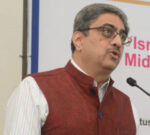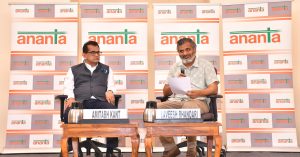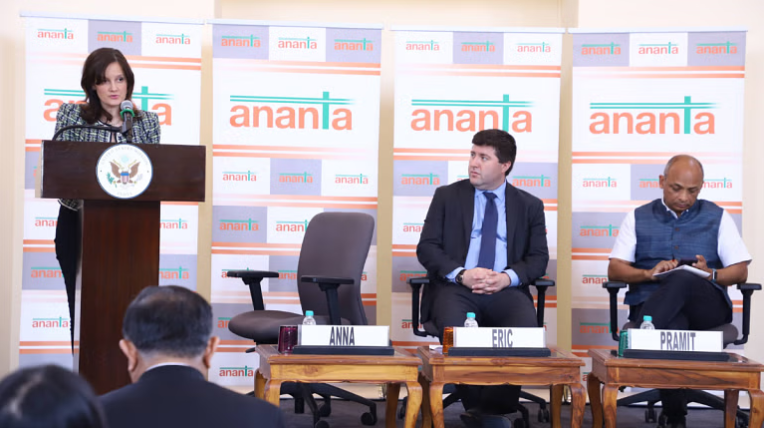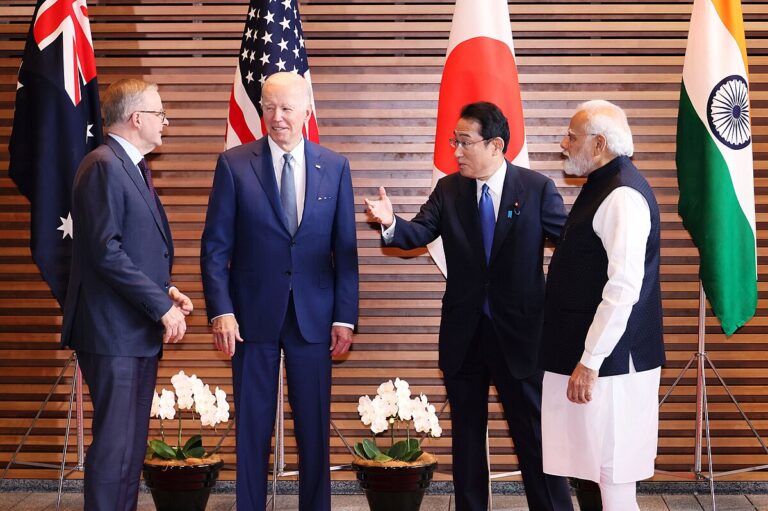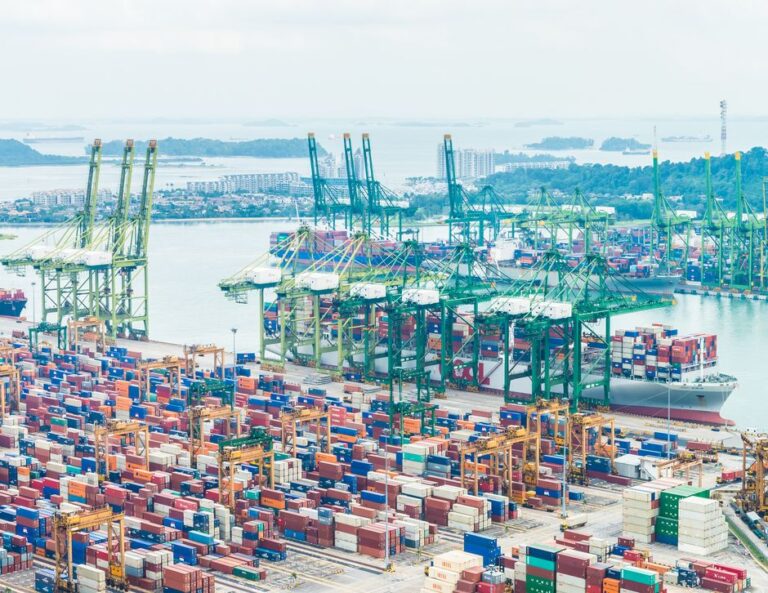I Overview
China:
• CPC Politburo Meets
• President Xi’s speech at Davos
• WHO Team in China to Study the New Corona Virus
• EAM Jaishankar says India – China Relations are at a Crossroad
• India – China Standoff at Ladakh Continues
Japan:
• Flurry of phone conversations between senior leaders of Japan and US
• PM Suga addresses the World Economic Forum at Davos
• Unemployment increased significantly in 2020 in Japan
• Japan urges China to ensure new Coast Guard Law does not violate international law
• Japan and UK to hold 2+2 talks next week
South Korea:
• South Korean President Moon Jae-in Addresses WEF, Davos
• South Korea keen to provide vaccine aid to North Korea
• US Korea expert Jung Pak appointed Deputy Assistant Secretary of State
Hong Kong:
• HK Economy contracts in 2020
Taiwan:
• China warns Taiwan Independence ‘means war’
II Developments in China
CPC Politburo Meets
The Politburo of the Communist Party of China met on 28 January to study and go through various reports of the different arms of the Chinese Government including the central government, the legislature, the courts, the procuratorate and the advisory body namely the CPPCC. The meeting was chaired by General Secretary Xi Jinping. Earlier the Politburo Standing Committee had met on 8 January 2021 for a similar purpose. These meetings are standard fare in China’s Communist system as such reports finally make their way to the once-a-year meeting of the National People’s Congress of China which is held in early March every year. It also helps us understand how highly centralized the processes of the Communist Party of China are and this permeates the Government system too.
President Xi’s speech at Davos
President Xi Jinping addressed the World Economic Forum at Davos virtually on 25 January 2021. While others have read many things into the speech, one cannot help but point out the huge gaps that have appeared over the years between China’s words and China’s actions. For example, many of the statements contained in Xi’s speech at Davos are areas in which China herself is undermining the international system. A few examples
* Xi says we must abandon ideological prejudice and jointly follow peaceful coexistence, mutual benefit and win-win cooperation. Isn’t it China herself which has abandoned peaceful coexistence with India and in the South China Sea? It is also increasingly clear that when China talks of win-win situations she means China wins twice! Isn’t it China which has a zero sum game approach to most issues and challenges in the international arena?
* Xi went on to state at Davos, that we must stay committed to openness and inclusiveness instead of closeness and exclusion. We must ask ourselves which major economy in the world continues to use Non-Tariff Barriers on a massive scale so as to prevent imports into its own nation, while fully leveraging open trade systems of other countries? The answer, once again – is China herself. India’s experience of this indicates that China’s economy continues to be closed to our major export items of software and pharmaceuticals.
* Xi says we must stay committed to international law and international rules instead of seeking one’s own supremacy. Well, which country has flouted UNCLOS in the South China Sea and even refused to accept the ruling in the case brought by the Phillipines to the Permanent Court of Arbitration under UNCLOS? The answer is – CHINA!
Hence, whatever implication others around the world may have drawn from Xi’s address at Davos, it is becoming increasingly obvious to the world at large, that there is a considerable gap between what China says and what China does.
WHO Team in China to Study the New Corona Virus
A 13-member WHO team has been in China in the last weeks of January 2021 in order to study the origins of the novel corona virus and visited Wuhan on 29-30 January.
EAM Jaishankar says India – China Relations are at a Crossroad
Addressing the inauguration of the All India Conference of China Studies organized by the Institute of Chinese Studies and IIT – Madras on 29 January, EAM Dr S. Jaishankar stated that the events of 2020 have put bilateral relations at the crossroads where choices made will have profound impacts on the two countries as well as the world at large. He stated that India – China relations cannot be expected to develop normally without “mutual respect, mutual sensitivity and mutual interests”. EAM suggested a 8 point framework for repairing relations between India and China. While this is one of the clearest enunciations of India’s approach to China since the imbroglio at Ladakh commenced, it is very doubtful whether Beijing, full of its own importance in the world, is really listening. Therefore, India will need to continue to look for other means to ensure its own defence and security.
India – China Standoff at Ladakh Continues
The military standoff between India and China has continued through the winter months and there is no sign of it ending, despite the recent upbeat press commentary after the recent, last round of talks between the two sides led by military commanders. A wide-ranging number of analysts and commentators have warned of further flare ups in the summer of 2021. India will need to stay well prepared for any eventuality.
III Developments in Japan
Flurry of phone conversations between senior leaders of Japan and US
With the Biden Administration having taken over in Washington D.C. on 20 January, there have been initial contacts with Tokyo through a series of phone calls. President Biden and PM Suga held a 30-minute conversation on 28 January in which Biden indicated that he would work closely with ally Japan on major issues. He firmly reiterated the US commitment to defend Japan, even in the Senkaku Islands, under Article 5 of the 1960 Japan – U.S. security treaty. The two leaders also agreed to work with India and Australia by stepping up defense cooperation in the Indo – Pacific. They urged the denuclearization of the entire Korean Peninsula. They also agreed to work together on climate change and Suga was invited by Biden for an international conference in April 2021 to be held in the United States. Cooperation against pandemics including the novel corona virus was also discussed.
Earlier, on 27 January the new Secretary of State Anthony Blinken had also spoken with his Japanese counterpart FM Motegi.
PM Suga addresses the World Economic Forum at Davos
PM Suga addressed the World Economic Forum at Davos virtually on 29 January calling for a transparent investigation by the WHO into the novel corona virus pandemic saying that it was the key to learning how to handle possible future pandemics. He expressed his determination to host the Olympics this summer to indicate how humankind has triumphed over the pandemic. The Olympics were originally scheduled to be held in Tokyo in the summer of 2020 but have been postponed by a year.
Unemployment increased significantly in 2020 in Japan
Japan’s job availability ratio logged the sharpest drop in 2020 since 1975, falling by 0.42 points to a figure of 1.18. This means there were 118 job openings for every 100 job seekers. In 1975, after the oil price shock of 1973 the job availability ratio had fallen 0.59 points. In 2020, the number of unemployed rose 290,000 to 1.91 million. The number of people in work fell by 480,000 to 66.76 million.
Japan urges China to ensure new Coast Guard Law does not violate international law
Japanese FM Motegi has called on China to ensure that new legislation allowing China’s Coast Guard to use weapons in its waters complies with and does not violate international law. There has been concern in East and South East Asia of this recent change in Chinese legislation.
Japan and UK to hold 2+2 talks next week
Japan and the UK announced that they would hold a virtual 2+2 talk between their respective Foreign and Defense Ministers in the first week of February to further security cooperation between them including in the Indo-Pacific region. They are expected to agree to UK’s plan to dispatch an aircraft carrier group to the western Pacific where they will conduct joint training and exercises with the Japanese Maritime Self Defense Force.
IV Developments in South Korea
South Korean President Moon Jae-in Addresses WEF, Davos
President Moon Jae-in of South Korea virtually addressed the World Economic Forum at Davos on 27 January warning against polarization and deepening inequality during the pandemic currently gripping the world. His government is encouraging a profit sharing system where tech companies which may have benefited and profited during the pandemic share a portion of their gains with other less fortunate firms. Moon also referred to his New Deal Policy for strengthening employment and social safety nets as well as developing green energy solutions and establishing digital infrastructure for which 160 trillion Won ($145 billion) is being spent.
South Korea keen to provide vaccine aid to North Korea
Prime Minister of South Korea Chung Sye-kyun once again repeated an offer for South Korea to share Covid-19 vaccines with North Korea last week. This offer is seen as a method of repairing fraying inter-Korean ties. However, no consultations have been held with North Korea. In turn, the North Korean government has claimed that there are no virus cases in their country which makes it difficult for them to accept the vaccine. North Korea have already approached Gavi for supply of vaccines and so have ignored the South’s offer.
US Korea expert Jung Pak appointed Deputy Assistant Secretary of State
Jung Pak, a U.S. expert on Korean affairs has been appointed Deputy Assistant Secretary of State for East Asian and Pacific Affairs. She is a former CIA official and specialist on Korean affairs and then worked at the Brookings Institution over the past few years.
V Developments in Hong Kong
HK Economy contracts in 2020
Statistics just in show that HK’s economy contracted by 6.1% in 2020. This comes on the back of a 1.2% contraction in GDP in 2019. This economic performance is a manifestation of the pandemic in 2020 and the anti-government protests in 2019, showing overall that HK continues to be buffeted by political and public health woes which have a deep impact on the economy of the Special Administrative Region.
VI Developments in Taiwan
China warns Taiwan Independence ‘means war’
Over the past few days, China has stepped up its military activities in the Taiwan Straits and flew warplanes near the island. Chinese Defense Ministry spokesperson Wu Qian recently also warned that “Taiwan independence means war”, a stark reminder to the new Biden Administration in the U.S. as well as to the Tsai Ing-wen government in Taipei that Beijing will not countenance any such move for a declaration of independence.


